Explore the concept of diagnosis through the lens of BU MSc student, Sarah Clark, in her photo exhibition titled “Seeking Meaning in Diagnosis.”
The exhibition will be in the Atrium Gallery, Poole House, running throughout March.
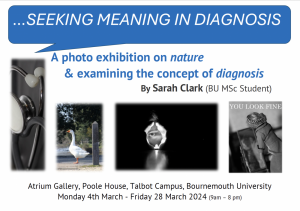
Sarah, currently pursuing a Masters in Clinical and Developmental Neuropsychology at BU, delves into the theme of understanding diagnosis, as well as a sub-theme of utilizing creativity and time in nature to enhance well-being.
Diagnosed with hypermobile Ehlers-Danlos syndrome in February 2020, a rare genetic connective tissue disorder, Sarah’s journey took an unexpected turn when she discovered her Autism spectrum condition diagnosis in May 2022 during autism lectures on the Neurodevelopmental Diversity Unit of her MSc course.
Sarah’s lived-experience qualitative MSc Research Project, supervised by Dr Emily Arden-Close, explored the daily experiences of individuals living with both autism and hypermobile Ehlers-Danlos syndrome, and her dissertation is currently being written up for journal submission.
Acknowledging the transformative impact of formal diagnosis on her life, Sarah has embraced lifestyle changes and effective self-management strategies for her hEDS and various co-morbidities, including mast cell activation syndrome, autonomic dysfunction, and Median arcuate ligament syndrome alongside mental health challenges of Complex PTSD and OCD and managing the interactions with Premenstrual dysphoric disorder (PMDD).
In constant pain with every inhaled breath hurting and studying for her Masters whilst being on a liquid-only diet due to MALS, Sarah is now on a year-long waiting list for MALS surgery. She hopes her exhibition and sharing her diagnostic journey will provide inspiration to show what can be achieved even with extreme barriers.
Sarah sits as a patient expert in the EDS International Consortium, Psychiatric and Psychological Aspects Working Group, and Sarah presented her BMJ paper, “Help me trust you after my misdiagnosis,” at The EDS Global Learning Conference in Dublin last August.
Alongside being a student here, Sarah also works at BU as a Student Ambassador, Digitial Marketing Ambassador and a member of BU PIER (as a member of the public).
Passionate about medical education and raising awareness of rare health conditions, Sarah regularly engages in public awareness, volunteering, and charity fundraising.
Sarah recently facilitated a workshop on EDS for BU PIER for second-year nursing students and gave part of a lived-experience lecture on EDS to some of the MSc Health Psychology students.
As well as being a patient expert, photographer and blogger Sarah is also a keen yogi and she was featured in Hotpod Yoga’s Move with Purpose Campaign, discussing her late-autism diagnosis.
Influenced by her own health journey and navigating the complexities of the healthcare system, coupled with Complex PTSD from childhood trauma, Sarah has developed a keen interest in various aspects of the diagnostic journey.
Her exhibition, “Seeking Meaning in Diagnosis,” coincides with the ten-year anniversary of her March 2014 exhibition “Almost Beautiful” at Harbour Lights Cinema, Southampton.
Sarah’s exhibition aims to be thought-provoking, shedding light on the challenges of being diagnosed with rare conditions, inspiring creativity, and encouraging a connection with nature.
Expressing immense gratitude to the BU Community for the support and encouragement Sarah’s received here at BU, has not only improved her health and well-being but has also led to various amazing opportunities.
To learn more about Sarah’s interest in “diagnosis” – visit her website.


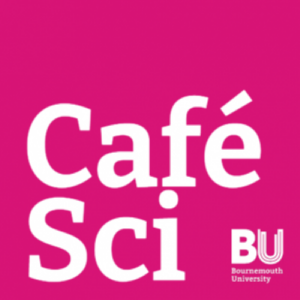 We are looking for 3-4 post-graduate researchers to take part in a special edition of our Café Scientifique public event series to
We are looking for 3-4 post-graduate researchers to take part in a special edition of our Café Scientifique public event series to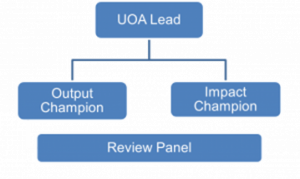

 Early Career Researchers Network (ECRN) Surgeries
Early Career Researchers Network (ECRN) Surgeries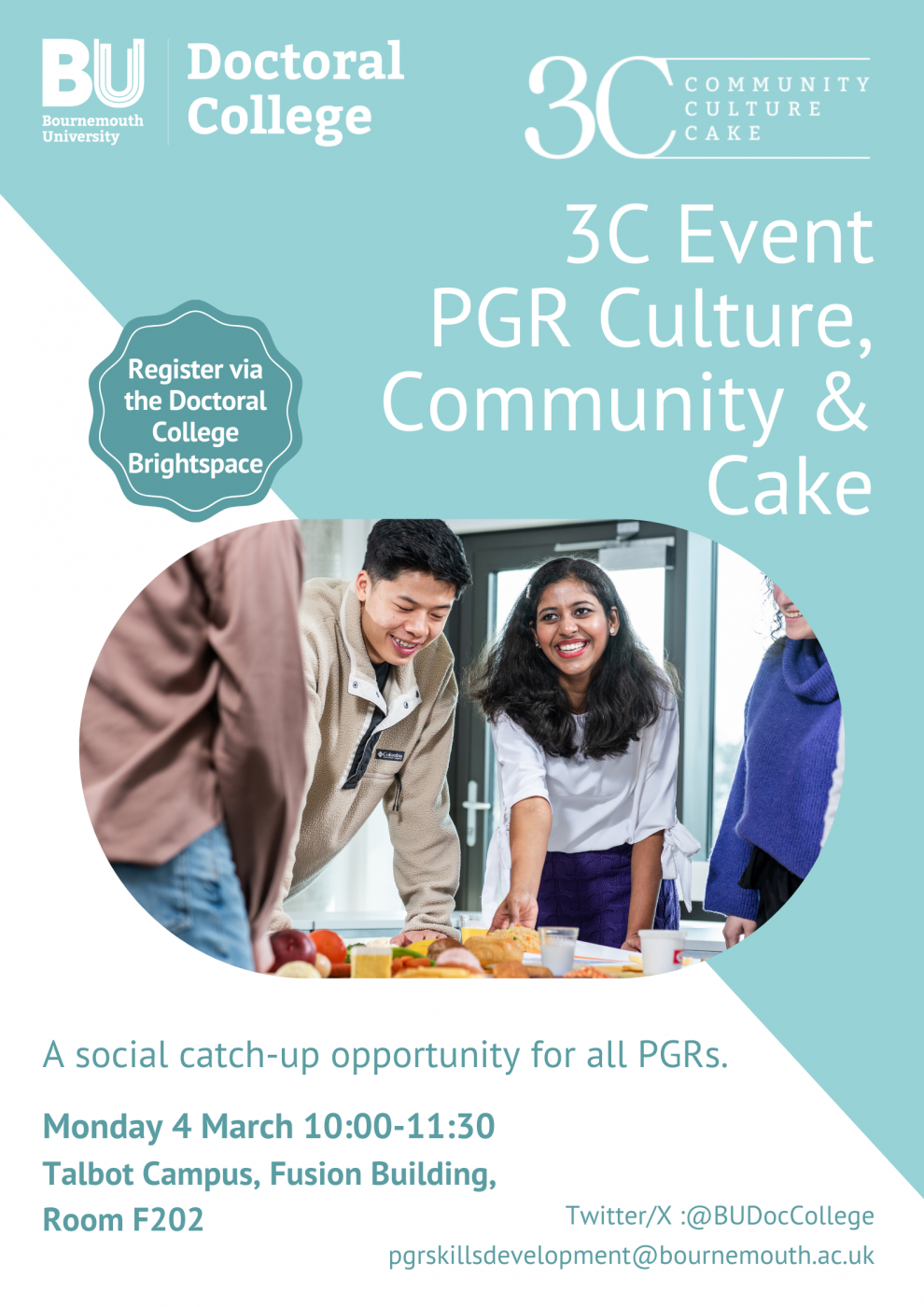
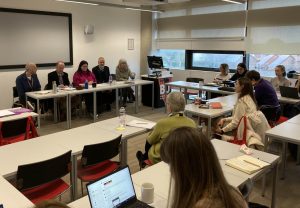
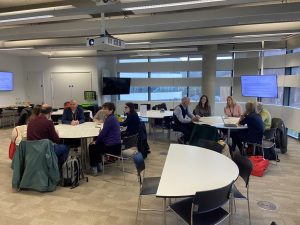



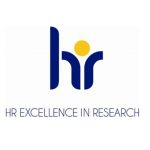 The BU
The BU 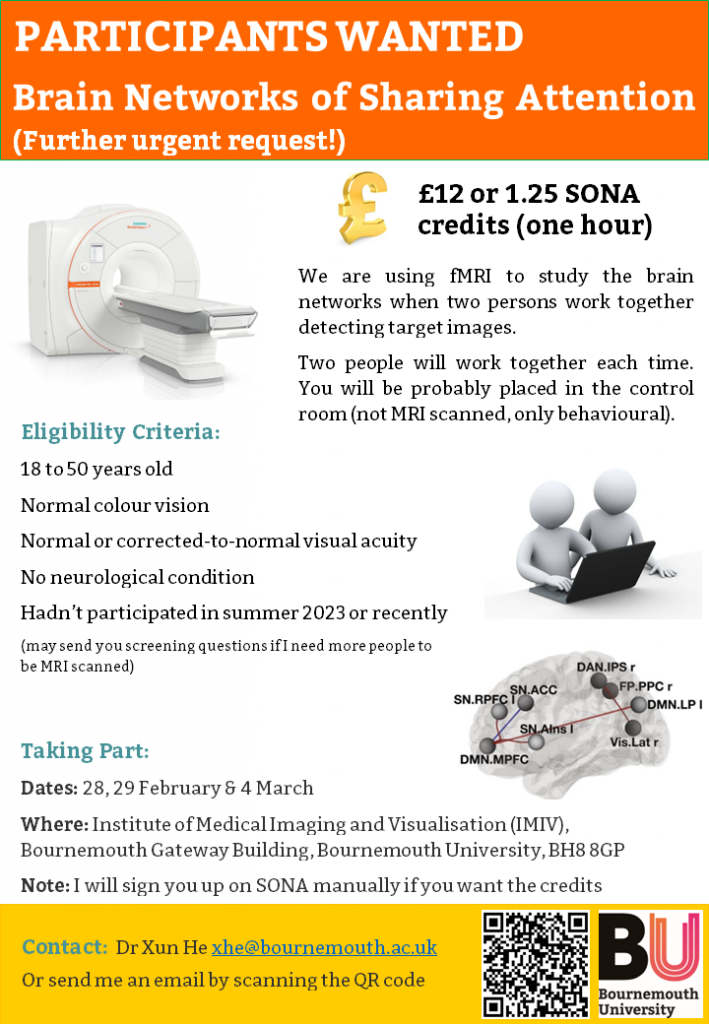
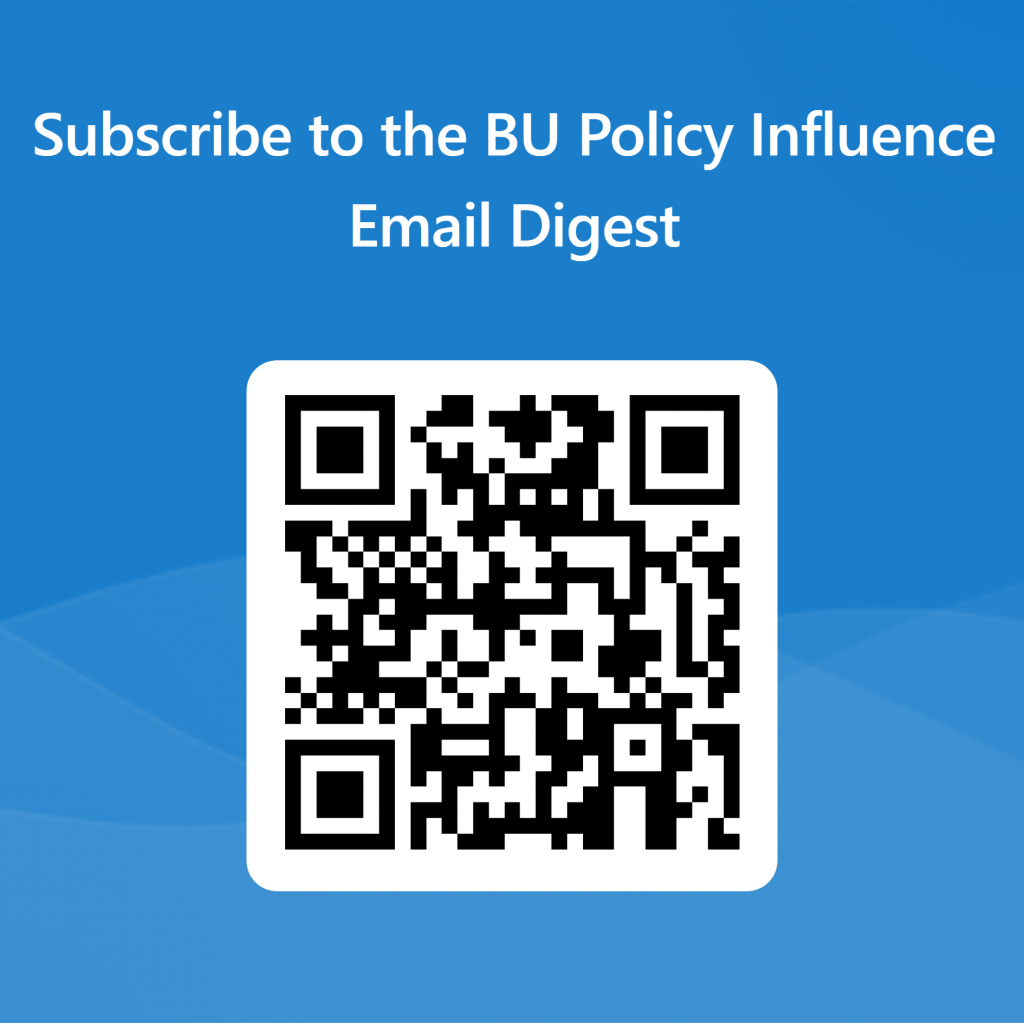
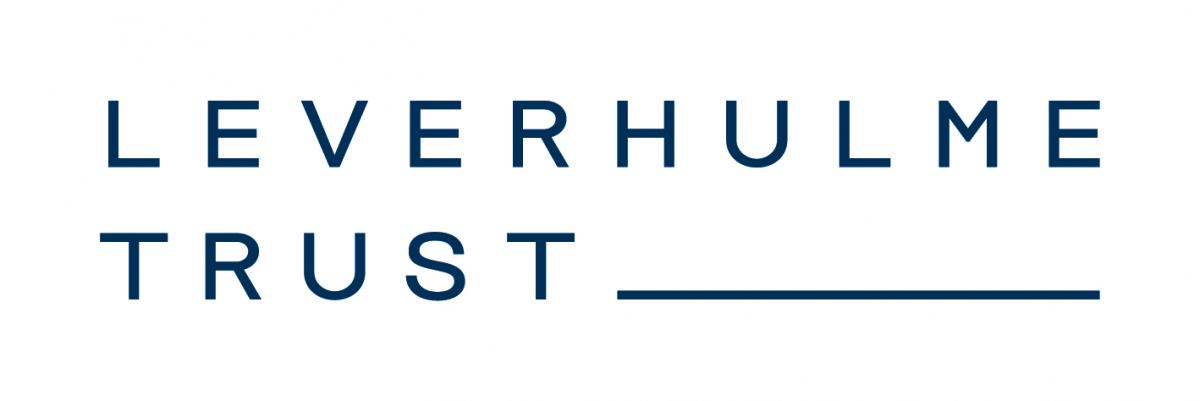











 Open Access Publication Fund open again to new applications
Open Access Publication Fund open again to new applications Closing tomorrow: please complete the Postgraduate Research Experience Survey 2025
Closing tomorrow: please complete the Postgraduate Research Experience Survey 2025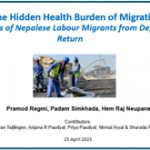 Plenary talk by Dr Regmi on Hidden Health Burden of Nepalese Migrants
Plenary talk by Dr Regmi on Hidden Health Burden of Nepalese Migrants Conversation article: Wishcycling – how ‘eco-friendly’ labels confuse shoppers and make recycling less effective
Conversation article: Wishcycling – how ‘eco-friendly’ labels confuse shoppers and make recycling less effective Horizon Europe 2025 Work Programme pre-Published
Horizon Europe 2025 Work Programme pre-Published MSCA Postdoctoral Fellowships 2025
MSCA Postdoctoral Fellowships 2025 Update on UKRO services
Update on UKRO services European research project exploring use of ‘virtual twins’ to better manage metabolic associated fatty liver disease
European research project exploring use of ‘virtual twins’ to better manage metabolic associated fatty liver disease